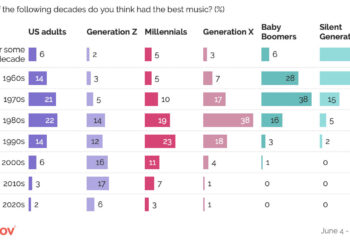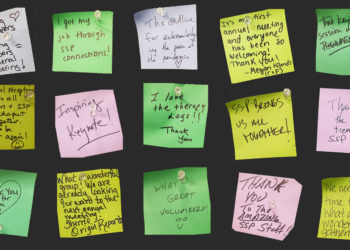
- Image by giopuo via Flickr
When my son threw his dirty socks down the dark basement stairs with a triumphant cry of, “To Tartarus with you!”, I realized Western literary culture has at least one more generation before its oft-predicted demise.
The source of his newly acquired knowledge of and interest in Greek mythology is Rick Riordan’s series, “Percy Jackson & the Olympians,” a more playful and American version of Harry Potter, but drawing serious inspiration from the Greek pantheon.
Riordan himself is a former middle-school teacher. Judging from his books, he must have been a good one. He knows kids.
Four books have appeared in the series thus far, and they are getting better and better. They’re funny, exciting, and witty, bridging the historical into the modern beautifully. In one memorable scene, the adventurers encounter a Sphinx, who has been reduced to giving standardized tests instead of challenging her victims with mind-bending riddles. The kids are angry at being subjected to a mindless set of multiple-choice questions about “useless, random facts” instead of having their brains challenged with deep riddles full of paradoxes and double-meanings. It’s biting bit of satire wrapped in a tense adventure encounter, something for both kids and adults to enjoy. The 5th in the series is being published today. I’m a fan.
But I’m a fan in a broader sense. While books about Hercules and Greek gods are on the bookshelves in our home, and while they elicited some interest sporadically from the kids, the Percy Jackson books have galvanized their minds and taught them everything from the gods’ names and dominions to the history of the Titans and the Greek origin legends. I love Greek mythology. It’s quirky, funny, frightening, and full of metaphors and analogies. It’s a great vision into the minds of another people, another literature, and another age. So seeing my kids start to access it and enjoy it effortlessly, indeed hungrily, is very nice.
Culture is transmitted in many ways, from advertising to families to sports to language. Percy Jackson and his cohorts are helping to lay a substrate for our children, probably inspiring some future scholars who will study, perpetuate, and deepen our understanding of ancient Greece or another historical culture.
Most of all, it shows that education and information transfer can be fun. Scholarship is ultimately about the joy of discovery and learning — why we don’t play around with that more in our publications and materials often leaves me wondering if we’ve lost track of the joy, abandoned the simple pleasures of “Wow!”, “What?”, and “Wild” that consistently emanate from the pages of our publications.
Let’s make sure we reclaim the excitement of science, and transmit that to current and future scientists everywhere.
It beats being tossed down into the depths of Tartarus.
Discussion
2 Thoughts on "Percy Jackson & the Joy of Discovery"
Excellent point, Kent. I was recently gifted with the opportunity to spend time in the company of a group of middle school kids and a group of docents at the Monterey Bay Aquarium (we slept overnight next to the shark tank!) here in California. One of the kids was giving a docent a hard time because he had just finished what he described as a “boring biology class”. I had to correct him and told him that he had been the victim of a boring biology *teacher*, not a boring class.
How in the world could someone fail to convey a sense of wonder and wow when you’re teaching something as cool as life itself? What a wasted opportunity.
![Reblog this post [with Zemanta]](http://img.zemanta.com/reblog_e.png?x-id=32d46a4f-34a4-49fa-bc63-e9a845b8a599)


